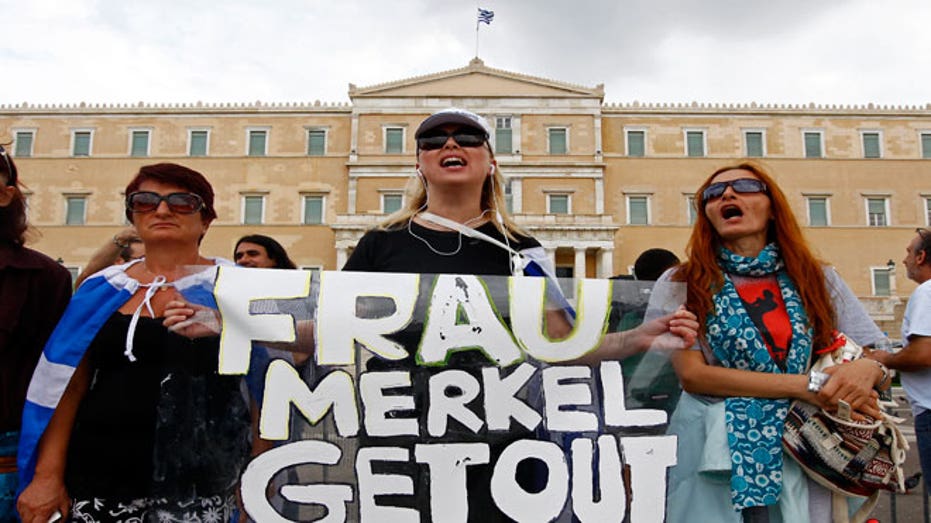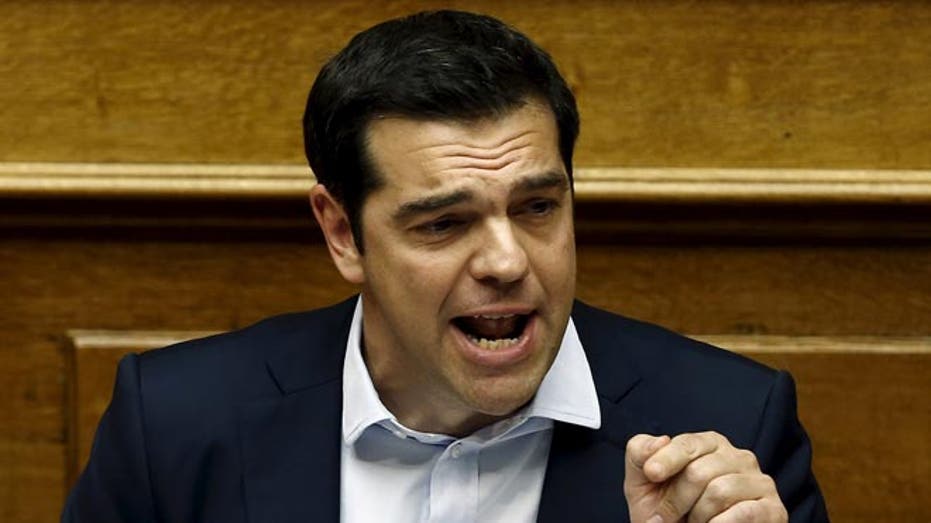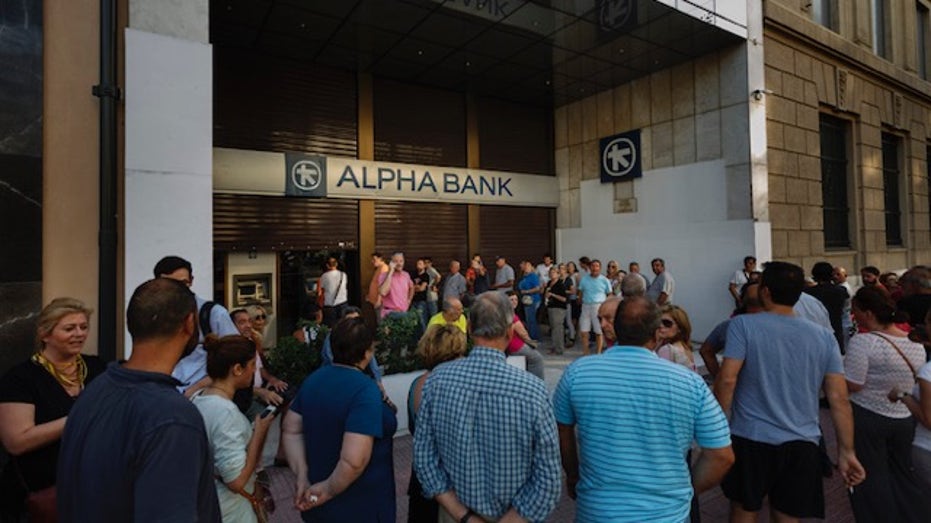What You Need to Know About Greece This Week
Since Greece joined the Eurozone in 2001, the country’s spending has grown to extreme highs and now Greece is on the brink of collapsing. Things like high public sector wages and sharp increases in pension spending have caused the country to spend well beyond its means and accumulate massive amounts of debt. The International Monetary Fund (IMF), European Central Bank (ECB) and other member countries of the Eurozone have stepped in over the years to bail Greece out and in return have imposed austerity measures including tax increases, layoffs and pension cuts.
Since a new government was elected in January, the Eurozone has extended the deadline until tomorrow for Greece to begin repaying its debt. If the country fails to do so, it will default on its debt, potentially sending shockwaves through the global economy.
Here are five facts on what you need to know about Greece.
1. Current Unemployment Rate

Greece’s unemployment rate has climbed steadily since the 2008 Recession and now stands at approximately 25%.
Greek Unemployment Rate Over Time | FindTheData!function(d,s,id){var js,fjs=d.getElementsByTagName(s)[0],p=/^https:/.test(d.location)?'https':'http';if(!d.getElementById(id)){js=d.createElement(s);js.id=id;js.src=p+"://cdn1.findthebest.com/rx/widgets.js";fjs.parentNode.insertBefore(js,fjs);}}(document,"script","ftb-widgetjs");
2. How Much Greece Has to Pay

Greece has to repay 1.6 billion euros in loans to the International Monetary Fund by Tuesday June 30. If not, the country will default on its debt. In total, the country will ultimately need to pay back loans of 7 billion euros.
3. The Anti-Austerity Prime Minister

The current prime minister, Alexis Tsipras, is a member of the Syriza party, which has pushed for anti-austerity measures. He has rejected harsh austerity measures, referring to them as “unbearable.”
4. Capital Controls Are Now in Effect

On Sunday, Greece’s prime minister imposed cash withdrawal restriction to 60 euros a day and closed banks for the week. However tourists can still withdraw money if they can find an ATM that has any cash left. The Greek stock exchange will also be closed for a week.
Read: Greece Imposes Capital Controls as Crisis Deepens
5. Sunday's Vote on a New Bailout Plan

Greece will hold a vote on Sunday July 5 to decide if the country will accept the latest round of austerity measures offered by international creditors. If the vote passes, then creditors will provide 5.1 billion euros to help the country’s immediate financial woes.



















